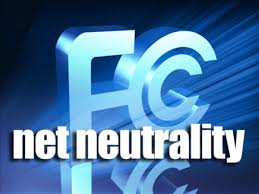Love the products, hate the companies — that’s the way many Americans think about Big Tech. Which is why it looked like a good bet when Congress convened in 2021 that Washington might finally rein in the companies that many believe have grown too big, too rich and too powerful — even as their products and services have become ever more indispensable to our lives. Here, it seemed, was the rare issue on which both Republicans and Democrats, House and Senate, could agree. In the end, however, Congress failed to act. And in that failure is a case study of how Congress has lost its ability to address the most pressing problems facing the country.
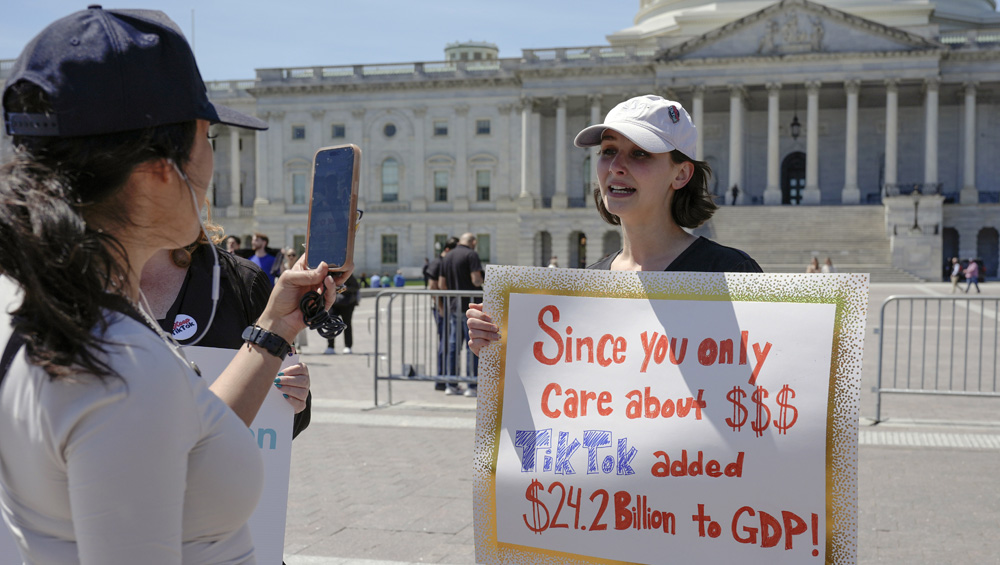
The TikTok legislation was included as part of a larger $95 billion package that provides foreign aid to Ukraine and Israel and was passed 79-18. It now goes to President Joe Biden, who said in a statement immediately after passage that he will sign it Wednesday. Pictured: A TikTok content creator, speaks to reporters outside the U.S. Capitol on Tuesday, April 23, as Senators prepared to consider legislation that would force TikTok’s China-based parent company to sell the social media platform under the threat of a ban, a contentious move by U.S. lawmakers. (Mariam Zuhaib/AP)

The fate of TikTok in the United States is even more uncertain as the House on Saturday voted on a package that requires that parent ByteDance divest its popular social media platform or face a ban on app stores. Lawmakers passed the bill 360-58, part of a series of votes to break a six-month standoff over a $95 billion aid package to Ukraine as well as to Israel and to Taiwan and the Indo-Pacific. The Senate is expected to take up the package of bills, including Ukraine, Israel and Taiwan aid, soon, perhaps as soon as April 23.
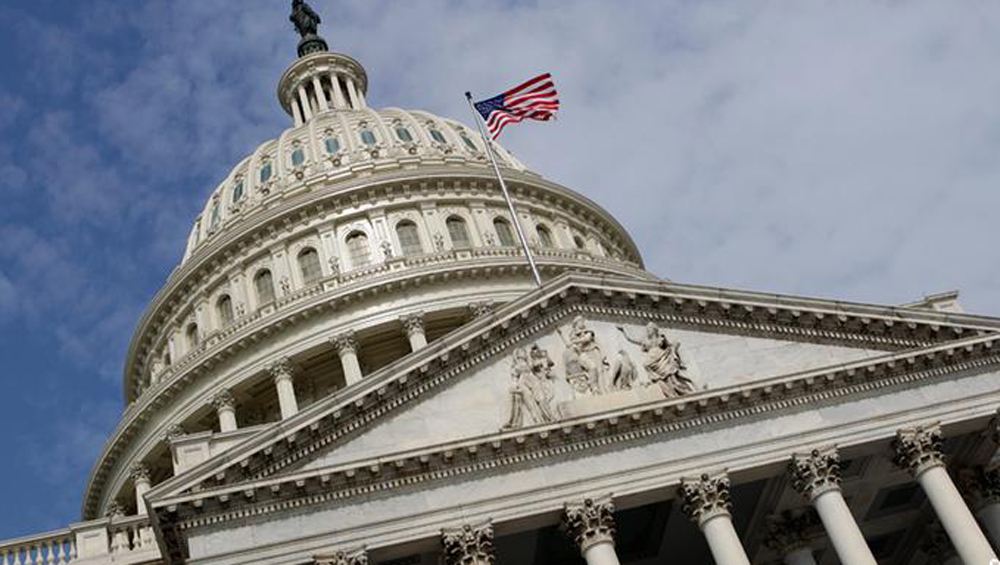
A new measure attempts to force the Senate’s hand on passing legislation to ban TikTok or mandate the app’s sale.

Legislation that would force China-based ByteDance to divest TikTok or risk a ban in the U.S. is expected to clear a key committee this week, setting up a future House floor vote.

In a heated question and answer session with Mark Zuckerberg, Republican Missouri Sen. Josh Hawley asked the Meta CEO if he has personally compensated any of the victims and their families for what they have been through. “I don’t think so,” Zuckerberg replied. “There’s families of victims here,” Hawley said. “Would you like to apologize to them?” As parents rose and held up their children’s pictures, Zuckerberg turned to face them and apologized for what they have been through.
AI Threats Loom Over Cautious Congress
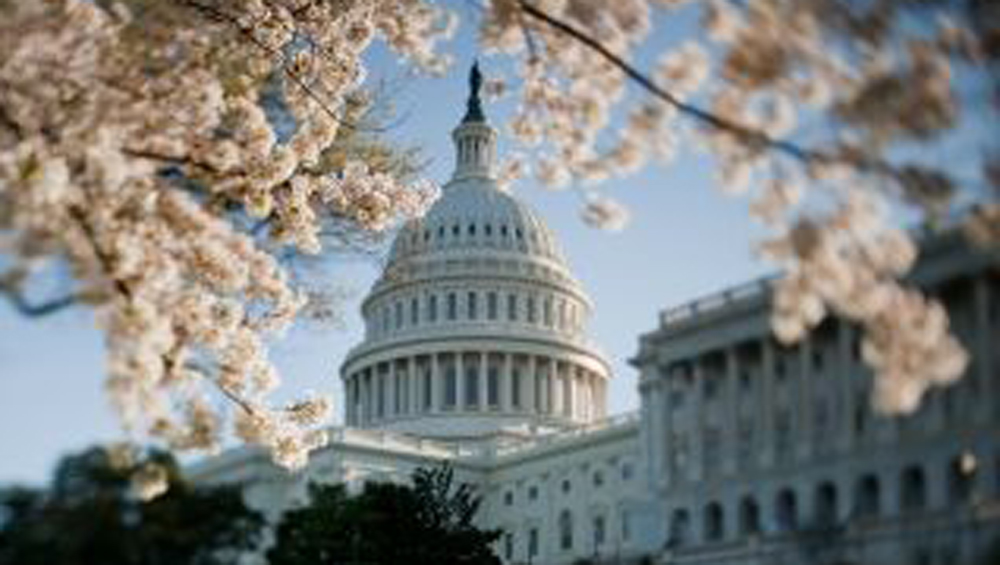
After a year filled with hearings and forums discussing the risks and benefits of AI as the technology expands into critical sectors, experts say it is time for Congress to act — while some warn that lawmakers are already behind.

A congressional committee made the demand of the Commerce Department after the New York Times reported on concerns among U.S. intelligence officials over the Emirati company, G42.
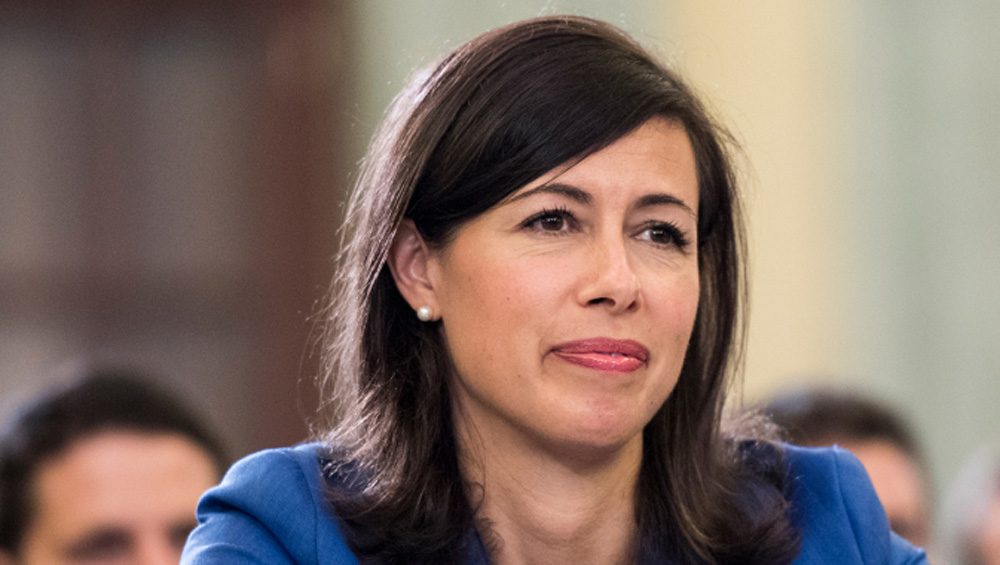
Streaming services like YouTube TV and Sling TV don’t have to worry about becoming the legal equivalent of cable TV or satellite TV companies any time soon through action by the FCC. That was that the implicit message that FCC Chair Jessica Rosenworcel left with Capitol Hill on Thursday when she was pressed for a regulatory update on the video issue by the leader of the House Energy and Commerce Committee.

Sens. Richard Blumenthal and Marsha Blackburn cite a story on an Instagram whistleblower to push protective legislation.
Lawmakers Need To Act To Halt The Erosion Of Access To Local TV News
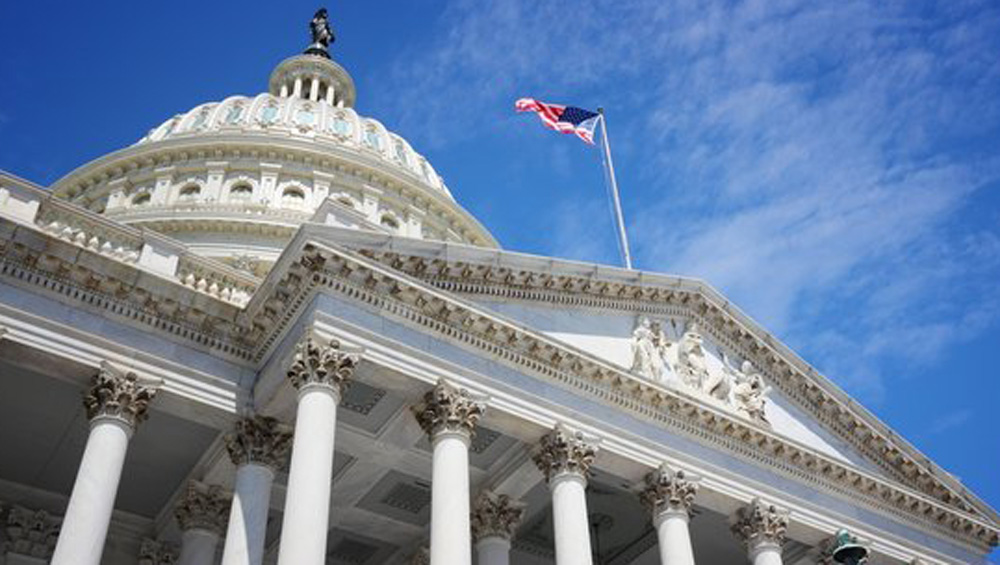
Emily Barr: Access to local media on streaming platforms is getting more difficult and localism is getting squeezed out of media’s new world order. The FCC and Congress need to act before the damage becomes irreversible.

A bipartisan bill introduced Thursday aims to protect the likeness of actors, singers and other performers from generative artificial intelligence (AI) technology. The Nurture Originals, Foster Art, and Keep Entertainment Safe (NO FAKES) Act would hold individuals or companies liable for producing unauthorized digital replicas of individuals in a performance, along with platforms that host such content.
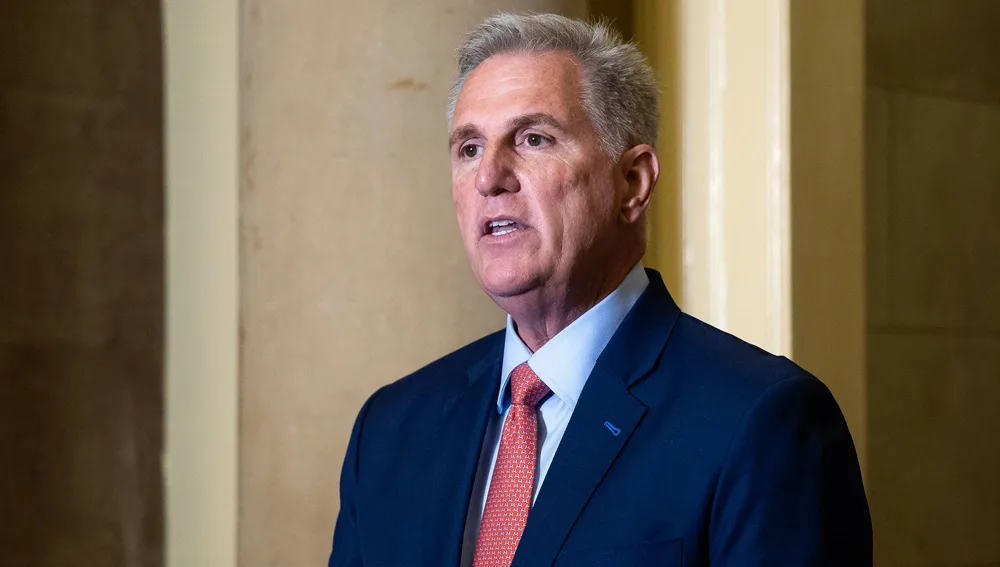
Cable news had a busy, peculiar day in Washington, D.C., on Tuesday when the House of Representatives voted to oust Kevin McCarthy as speaker and, in one of his first actions as speaker pro tempore, Rep. Patrick T. McHenry ordered speaker emerita Nancy Pelosi to vacate her private Capitol office.

House and Senate Democrats have introduced a bill that could take a bite out of Big Tech’s online advertising marketplace by banning co-called surveillance advertising. Sen. Ron Wyden (D-Ore.), one of the bill’s co-sponsors, made it clear that the bill was clearly aimed at hitting Big Tech in the wallet.

Elon Musk, Sam Altman, Mark Zuckerberg, Sundar Pichai and others discussed artificial intelligence with lawmakers, as tech companies strive to influence potential regulations.
Broadcast Coalitions Lock Horns Over vMVPD Issue With Hundreds Of Millions Of Dollars At Stake

Dueling coalitions — the affiliate-led Coalition for Local News and O&O-led Preserve Viewer Choice Coalition — have raised the temperature on a long-simmering argument over who should be able to negotiate retransmission rights with vMVPDs. The growing size of the vMVPD revenue pot in an awful year for spot TV may have a lot to do with the timing.

Republicans and Democrats speak with one voice, and it’s an angry shout at Big Tech.

Two top officials of the PGA Tour said the sport’s governing body had no choice but to reach a truce in its yearlong battle with LIV Golf and try to reach a merger with the Saudi-funded tour. The comments came during a contentious Senate hearing Tuesday at which the truce between the PGA Tour and LIV Golf, as well as the Saudi government, were subject of harsh criticism from senators.
LANSING, Mich. (AP) — Hill Harper, an actor known for his roles on “CSI: NY” and “The Good Doctor,” announced on Monday that he is running for Michigan’s open U.S. […]

Bipartisanship is at least partially due to political deadlock. Pictured: Members of the FCC testify during a House oversight hearing.

The U.S. Senate Permanent Subcommittee on Investigations has invited PGA Tour commissioner Jay Monahan, LIV Golf League CEO and Commissioner Greg Norman and Yasir Al-Rumayyan, governor of Saudi Arabia’s Public Investment Fund, to testify at a July 11 hearing regarding the entities’ planned alliance in men’s professional golf. Sen. Richard Blumenthal (D-Conn.), chairman of the subcommittee, and ranking member Ron Johnson (R-Wis.) invited the men to testify at the hearing in a letter Wednesday.

A new bipartisan bill would establish a commission to explore potential regulations for artificial intelligence. The National AI Commission Act — introduced by Reps. Ted Lieu (D-Calif.), Ken Buck (R-Colo.) and Anna Eshoo (D-Calif.) — calls for establishing a 20-member panel that would be tasked with reviewing the current approach to regulation, and developing a “risk-based framework” for the technology.
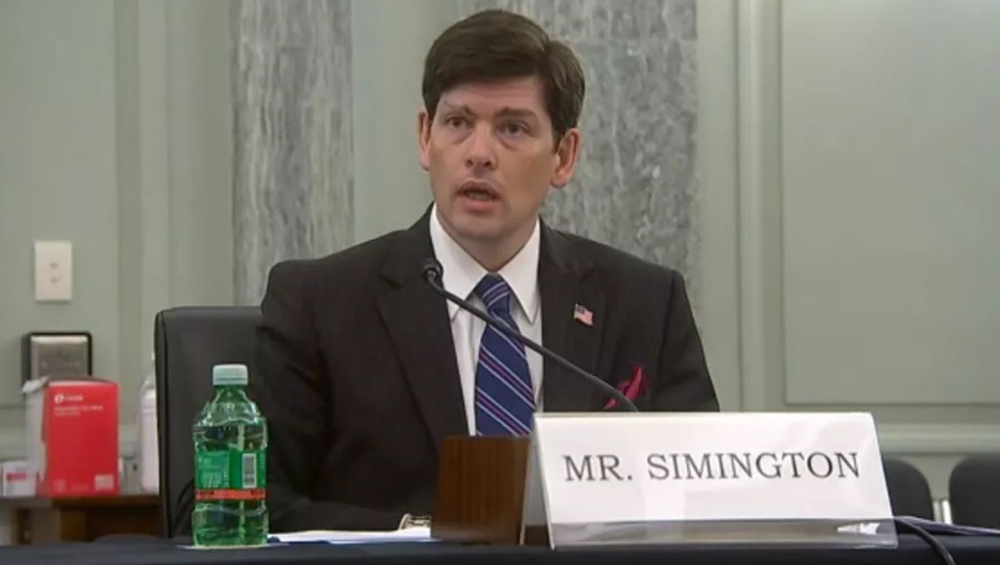
FCC member Nathan Simington is telling Congress that he and his fellow commissioners need to serve as a check on the power of the chair. According to testimony for the House Energy & Commerce Committee FCC oversight hearing today, Simington, a Republican, said that if the agency does not adopt rules allowing for full commission oversight of decisions made by staffers under authority delegated by the chair, Congress should step in to mandate it.

Key Senate Democrats requested an inquiry into the controversial merger between the PGA Tour and Saudi-owned LIV Golf. The deal between the two leagues presents possible antitrust violations, says Sens. Elizabeth Warren and Ron Wyden. The merger would have the effect of making a U.S. entity complicit in Saudi Arabia’s “sportswashing” campaign, the senators said.

President Joe Biden and House Speaker Kevin McCarthy reached an “agreement in principle” to raise the nation’s legal debt ceiling late Saturday as they raced to strike a deal to limit federal spending and avert a potentially disastrous U.S. default. However, the agreement risks angering both Democratic and Republican sides with the concessions made to reach it.
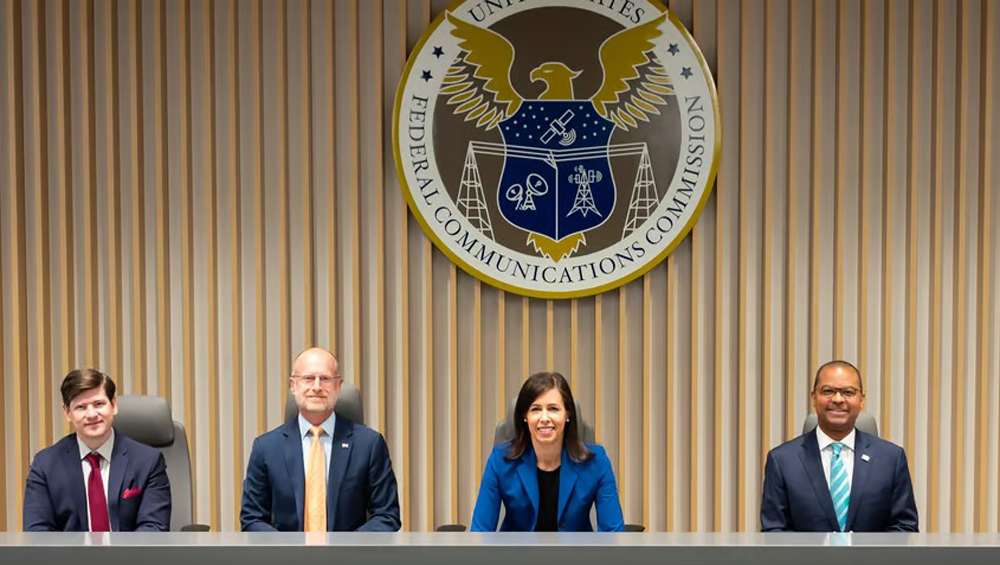
A who’s who of former FCC leaders sent a letter to the chairs of the Energy & Commerce and Commerce, Science & Transportation committees urging Congress to restore the FCC’s spectrum auction authority as soon as practical. Signatories of the letter include Ajit Pai, Tom Wheeler, Mignon Clyburn, Julius Genachowski, Meredith Atwell Baker, Robert McDowell, Deborah Taylor Tate, Jonathan Adelstein, Michael Copps, William Kennard, Harold Furchtgott-Roth, Gloria Tristani, Rachelle Chong, Susan Ness, Reed Hundt and Dick Wiley.
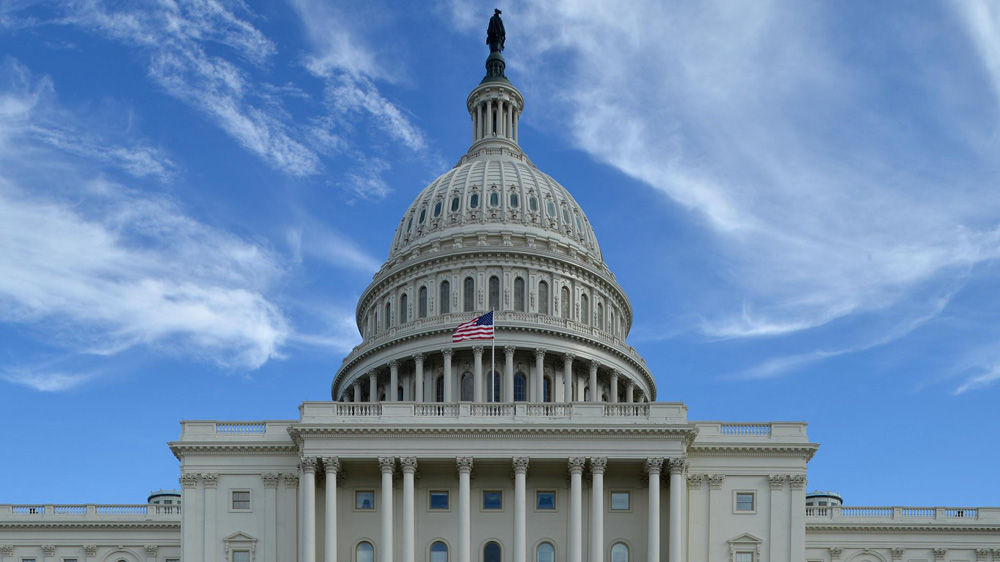
Following a vote by the House Homeland Security Appropriations Subcommittee to recommend reduced spending of $40 million for fiscal year 2024 for the Next Generation Warning System (NGWS) supporting public broadcasting’s public safety infrastructure, the America’s Public Television Stations issued a statement highlighting the importance of the program that urged Congress to restore the funding.

The Republican leadership of the House and Senate committees overseeing the FCC has asked the regulator’s acting Inspector General, Sharon Diskin, to look into FCC Chair Jessica Rosenworcel’s handling of the review of the Standard General-Tegna merger.

Amid ban threats, letter to CEO suggests steps that could ameliorate concerns.
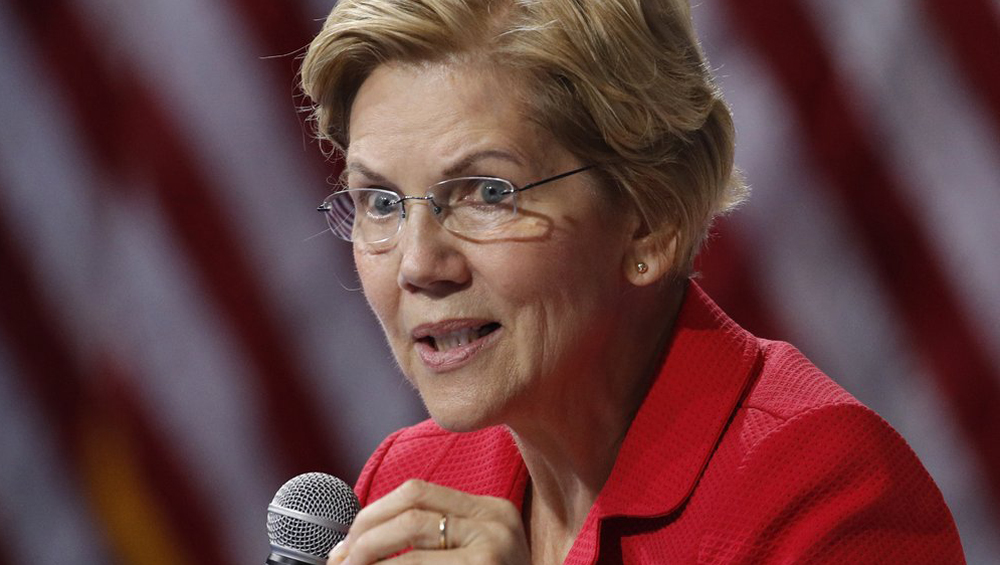
Sen. Elizabeth Warren, Rep David Cicilline lead group highlighting effect on jobs and competition in the industry and reduced choice for media consumers.

Top Republicans on FCC oversight committees say the FCC’s Media Bureau decision to designate the Standard General-Tegna deal for hearing before an administrative law judge was unfair and a violation of a congressional charge to “promote competition and reduce regulation.” They want the FCC to answer a host of questions related to the decision.

A bipartisan group of 27 U.S. senators, led by Sens. Brian Schatz (D-Hawaii) and Todd Young (R-Ind.), sent a letter Wednesday to FCC ChairJessica Rosenworcel urging the commission to take an active role in expediting the continued rollout of the ATSC 3.0 standard, aka NextGen TV.

A bipartisan group of U.S. senators introduced a bill on Thursday aimed at cutting Google and Facebook’s clout in online advertising, an early sign that lawmakers will press on with efforts to rein in Big Tech in the new congress.
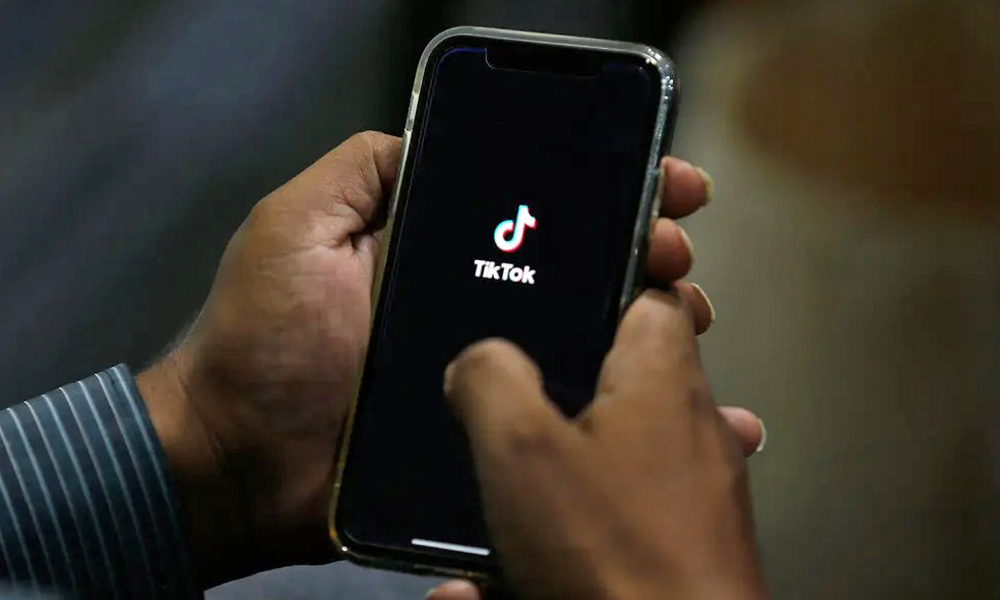
The tensions over the Chinese-owned social media app will come to a head on Thursday, when the company’s chief executive testifies on Capitol Hill. The TikTok app has 150 million users in the United States, but some fear that its Chinese parent company might give Beijing access to American users’ data. (Anjum Naveed/AP)

The FCC’s authority to regulate spectrum auctions expired on Friday, March 10, after a Senate vote to renew its authority failed to pass on Thursday. The FCC has had responsibility over the management of spectrum auctions for more than 30 years and in 2017, in particular raised nearly $20 billion in selling off portions of the broadcast spectrum. The House approved reauthorization in February but the Senate failed to pass the resolution amid disagreement on military spectrum needs.












